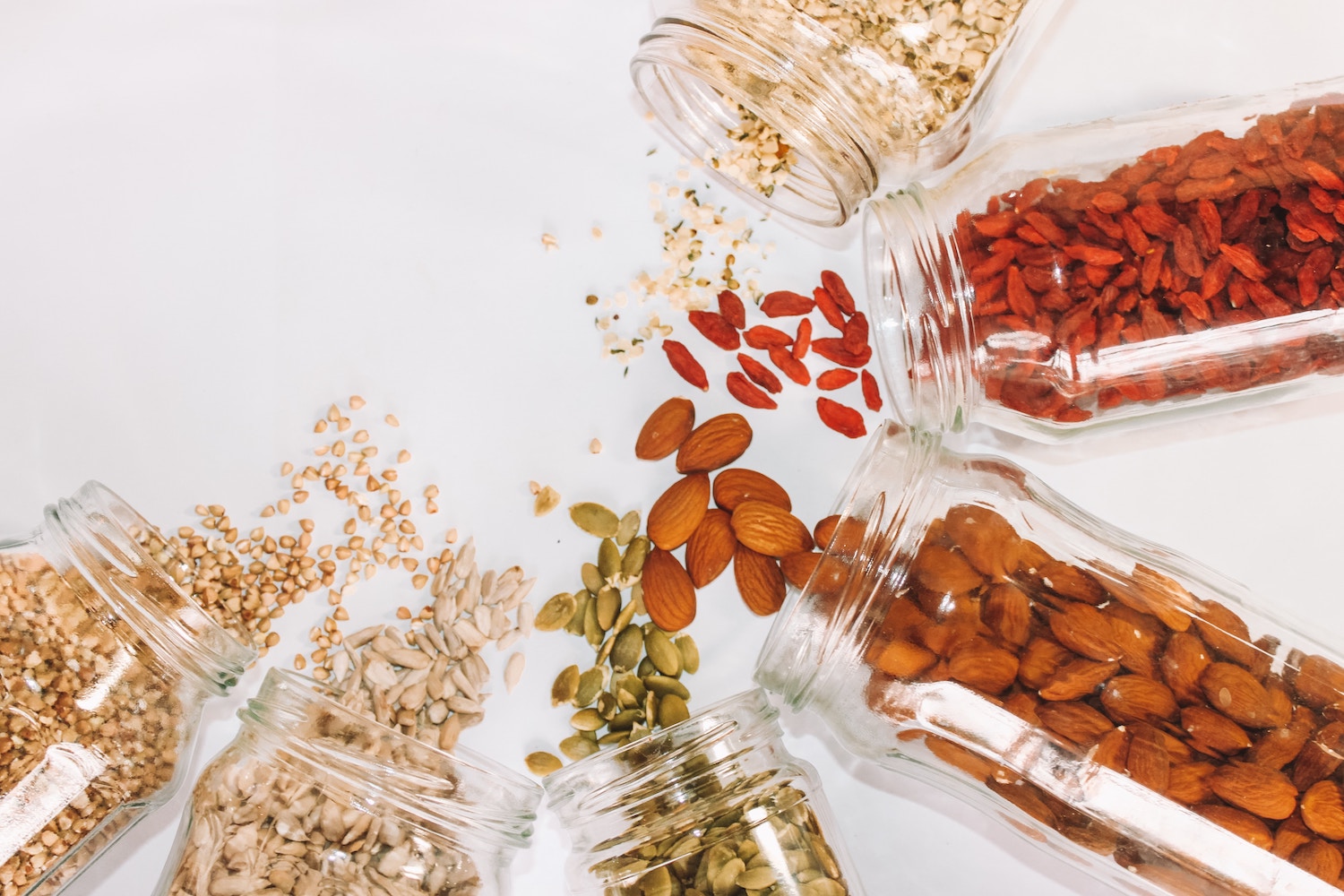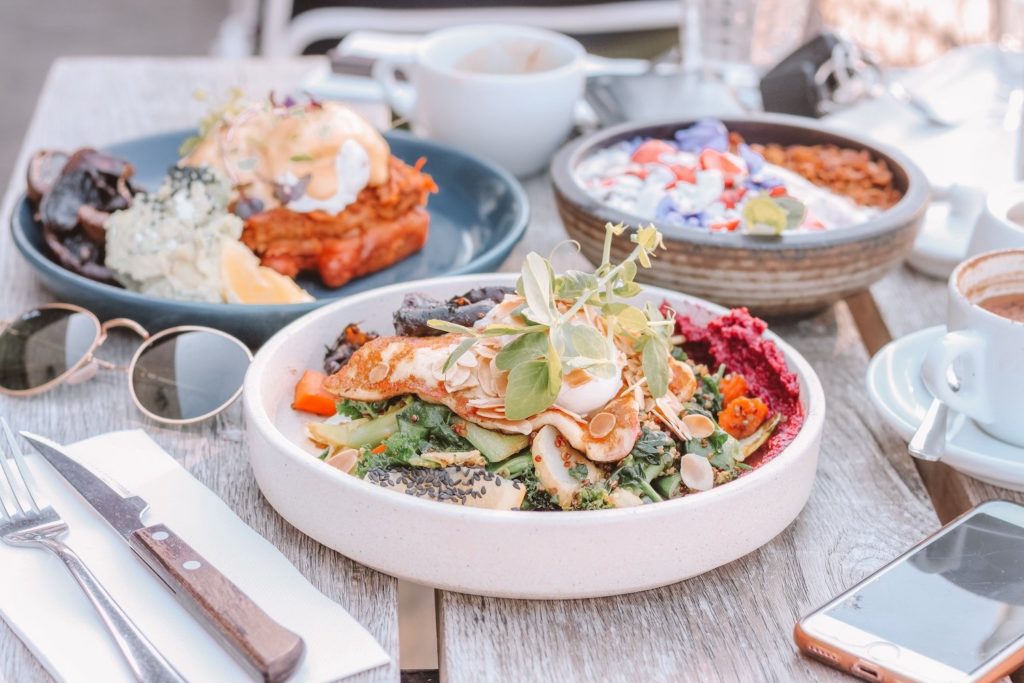It seems like every other day there’s a new supplement for anti-aging. And though a pill can’t provide a fountain of youth, supplements may have benefits — especially later in life. Take a look at four anti-aging vitamins and how you can be sure you’re getting enough.
Vitamin A
A powerful antioxidant that supports vision, the immune system, and cell growth, vitamin A is also used to treat acne and wrinkles. It slows the breakdown of collagen, which is what gives your skin elasticity. To ensure that you’re getting enough, load up on foods like sweet potatoes, kale, mangoes, and carrots. If skin problems have you down, talk to your dermatologist about adding retinol to your skin care regimen. (Retinol is also available in many over-the-counter skin care products, but it’s important to add it to your routine little by little and always wear SPF.)
To learn more about caring for aging skin, read 7 Myths About Menopause and Skin.

Vitamin B
There are eight B vitamins, and they are essential for helping a variety of enzymes do their jobs, including releasing energy from carbohydrates and breaking down amino acids. B vitamins include:
- Vitamin B12: helps make blood and nerve cells, and there are two groups of people who should be taking a B12 supplement: people over 50 and those who eat little to no animal products. According to WeMD, 30 percent of people over 50 lose their ability to absorb B12, which is found in foods like meat, fish, eggs, and dairy products. Of course, those who don’t eat meat, fish, eggs, or dairy will be missing this key vitamin from their diet. According to the National Institutes of Health Office of Dietary Supplements, “Individuals who have trouble absorbing vitamin B12 from foods, as well as vegetarians who consume no animal foods, might benefit from B12-fortified foods, oral vitamin B12 supplements, or vitamin B12 injections.”
- Vitamin B6: helps the body metabolize proteins, fats, and carbohydrates, and is involved in the creation of red blood cells and neurotransmitters. We tend to need a bit more of this vitamin as we age, and there is some evidence that low levels of B6 are associated with the risk of certain cancers as well as cognitive decline. Chickpeas, beef liver, tuna, salmon, and chicken are good sources of B6.
- Vitamin B7 (biotin): helps keep hair, skin, and nails healthy. Biotin is found in many foods — walnuts, peanuts, sweet potatoes, milk, eggs — but only in small amounts.
- Vitamin B9 (folate): helps the body produce energy. It may also protect against stroke and cognitive decline. You can find folate in leafy greens, nuts, and beans.
Vitamin C
Vitamin C is a powerful antioxidant that helps safeguard our immune system and prevents cardiovascular disease, prenatal health problems, and much more. It is also important for guarding skin against sun damage and wrinkling — and is often used to treat hyperpigmentation caused by the sun. Some of the best sources of vitamin C are red and green peppers, oranges, strawberries, broccoli, and pineapple.
Vitamin D
Vitamin D, aka The Sunshine Vitamin, is essential for the body’s absorption of calcium and phosphorus, which are essential for bone health. Bone loss is among the most detrimental effects of aging. It can result in osteopenia (weak bones) and osteoporosis (bones that are so weak and brittle that they break easily). Hormone changes at menopause increase the chances of osteopenia. Your body makes vitamin D from cholesterol when you spend time outside in the sun. The best food sources are fatty fishes like tuna, mackerel, and salmon.
Eat Well and Supplement If You Need To
It’s best to get all of the nutrients you need from food, but some women find it challenging to maintain a healthy diet. That’s when they turn to supplements to help fill in the gaps. According to the National Institutes of Health Office of Dietary Supplements, “Some supplements may help ensure that you get adequate amounts of essential nutrients or help promote optimal health and performance if you do not consume a variety of foods.”
In addition to anti-aging vitamins, your body needs protein to stay well and happy. Read 4 Reasons You Need Protein as You Age to learn why.
Photos: Maddi Bazzocco
